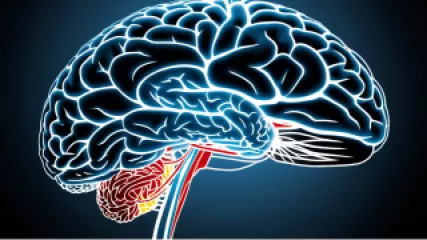Why Embracing Sadness Can Improve Mental Well-being
1 year ago
Overcoming Sadness
Unleashing Cognitive Flexibility: The Ultimate Guide
1 year ago
Cognitive Flexibility
15 Anxiety Relief Exercises for Stress Management
1 year ago
Anxiety Relief Exercises
My Journey to Self-Honesty: Uncovering the Roots of Self-Deception
1 year ago
Understanding Self Deception
How to Conduct a Mental Health Check-in: A Step-by-Step Guide
1 year ago
Mental Health Check
Exploring the Intersection of Nature and Mental Health: A Research Summary
1 year ago
Environmental Psychology
10 Proven Self-Compassion Techniques to Boost Emotional Intelligence
1 year ago
Self Compassion Techniques
How Art Therapy Helped Sarah Overcome Trauma
1 year ago
Healing Through Art
How to Make Rational Decisions: A Step-by-Step Guide
1 year ago
Psychology of Decision Making
10 Powerful Strategies to Cultivate a Healthy Mindset and Overcome Negative Thinking
1 year ago
Overcoming Negative Thinking
The Ultimate Guide to Managing Depression in Elderly Individuals
1 year ago
Depression in Elderly
The Psychology of Forgiveness: A Research Summary
1 year ago
Psychology of Forgiveness
The Ultimate Guide to Navigating Trauma
1 year ago
Trauma
Why Teletherapy is the Future for Anxiety Treatment
1 year ago
Anxiety
5 Powerful Lessons from "A Beautiful Mind" to Challenge Mental Health Stigma
1 year ago
Mental Health Stigma














